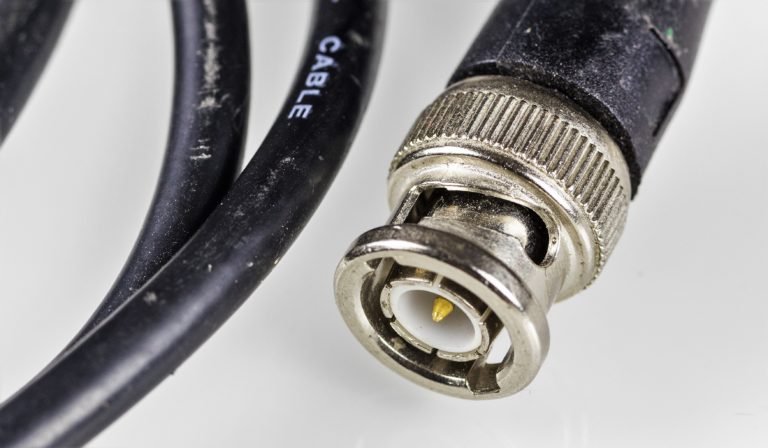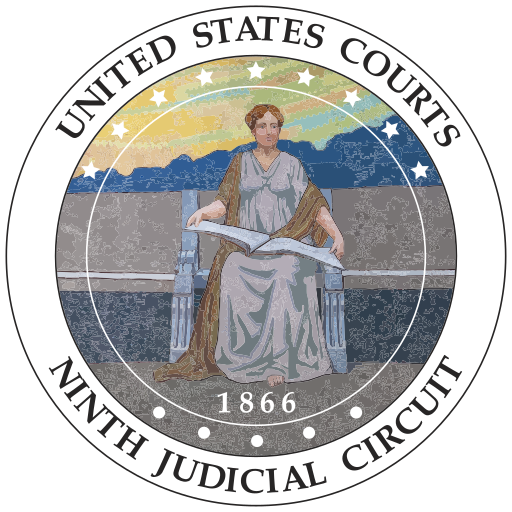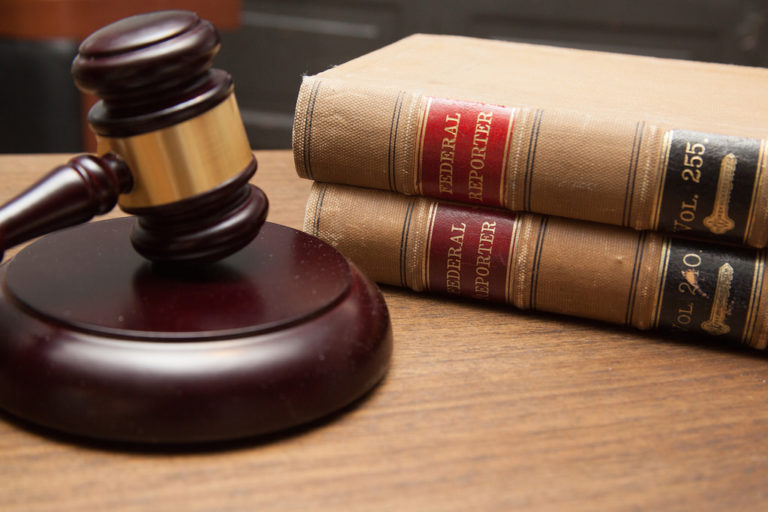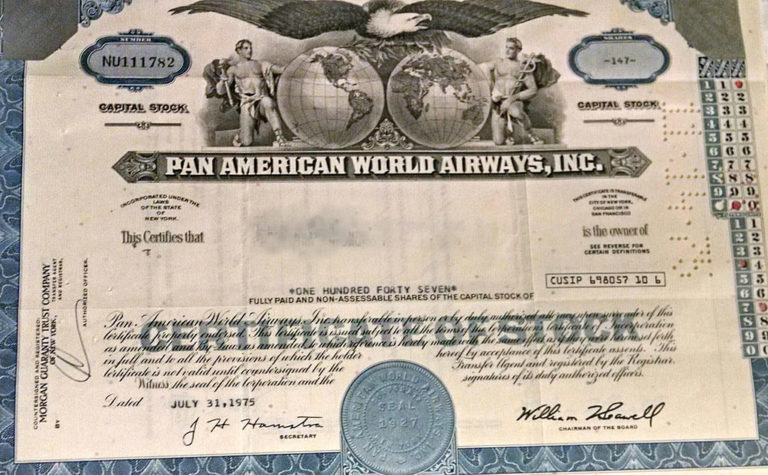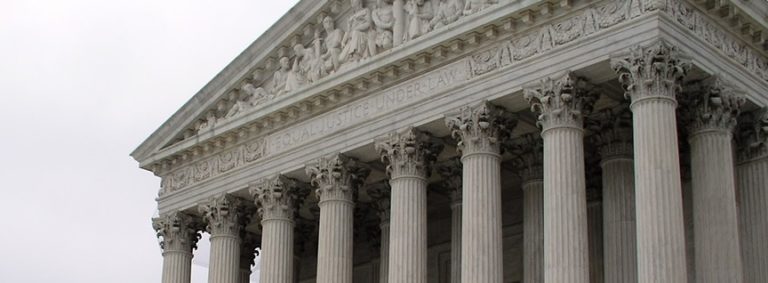CEI Asks Court to Compel FCC to Respond to Petition on Charter Cable Merger
After over a year and a half without response from the agency, the Competitive Enterprise Institute is representing individuals taking the Federal Communications Commission to court regarding the 2016 Charter/Brighthouse/Time Warner cable merger. Arguing that the FCC has a statutory obligation to respond to CEI’s June 2016 petition, CEI today requests the United States Court of Appeals for the District of Columbia to compel the agency to fulfill its duty to…

